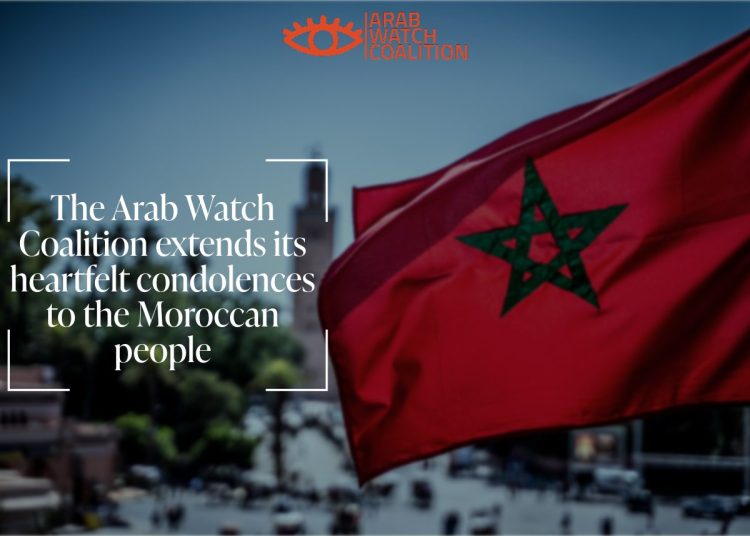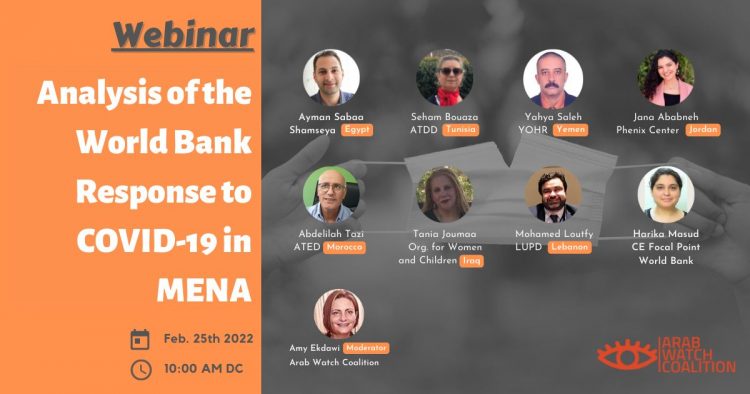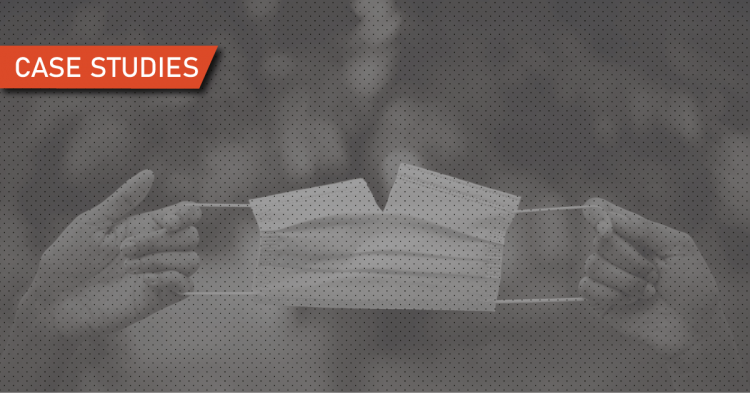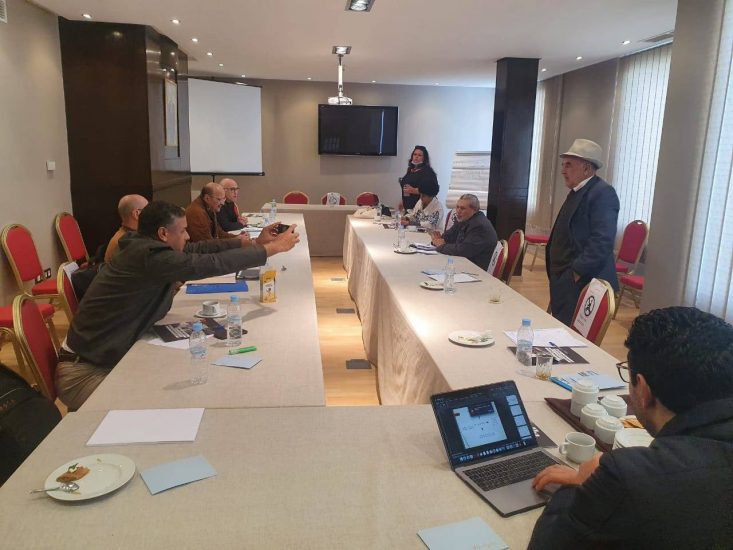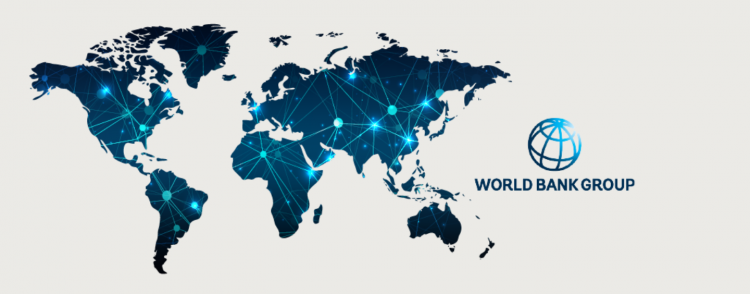Morocco
AWC has six members in Morocco and works also with other non-member organizations.
IFIs working in Morocco
IMF
Morocco became a member of the IMF in 1958, two years after gaining independence. In 1959, it secured its first loan from the IMF. Since then, Morocco has received a total of 21 loans from the IMF, as recorded in the IMF’s History of Lending Commitments as of June 30, 2023.
The IMF regularly evaluates the Moroccan economy through a process known as the Article IV Consultation, which refers to Article IV of the IMF’s Articles of Agreement that defines the IMF’s surveillance responsibilities.
World Bank
Morocco joined the WBG in 1958. Throughout the years the bank invested in 249 projects in the Moroccan public sector. The Bank currently has 35 active WB projects, and 4 projects in the pipeline (under preparation).
The International Finance Corporation, -the arm of the World Bank Group that invests in the private sector- has 31 active and 14 pending projects in Morocco. Since 1962, IFC has worked with more than 100 public and private sector partners in Morocco and invested and mobilized more than $3.5 billion in projects to support small businesses, manufacturers, agribusinesses, infrastructure, the financial sector, and more.
The World Bank Group prepares a Country Partnership Framework (CPF) for each country it is active in. The CPF outlines the Bank‘s strategy in this specific country over a three to five year period. The current Country Partnership Framework (CPF) for Morocco covers the period of 2019-24 .
AfDB
The African Development Bank Group has been active in Morocco since 1970. Currently, the African Development Bank (AfDB) has 35 ongoing projects in the country. The AfDB’s Country Strategy for Morocco spans the period from 2024 to 2029. The Bank’s first project in Morocco, initiated in 1978, focused on the drinking water and sanitation sector.
From 1978 to the end of 2022, the AfDB has undertaken nearly 180 operations across various sectors, amounting to a total investment of 12 billion US dollars.
EIB
EIB started its operations in Morocco in 1979. Since then, EIB invested € 9.86 bn and fianced 137 projects in Morocco.
EBRD
Morocco’s partnership with the EBRD began relatively recently, with their first project dating back to August 2012. Since then, the EBRD has invested over €4.5 billion in 102 projects in Morocco, 76 percent of which are in the private sector.
The EBRD creates a Country Strategy for each nation it collaborates with, detailing its strategic framework for a specific period. The most recent Country Strategy for Morocco was adopted in 2024 and will extend until 2029.
Main issues
Morocco is considered one of the most politically stable countries in the region. Morocco suffers from severe economic crises due to climate change and drought, leading to a shortage of agricultural and food crops and increased prices of basic commodities.
Morocco has received several loans from the International Monetary Fund in recent years to cover its balance of payments deficit and face the economic challenges it faced due to the spread of the COVID-19 pandemic and the Russian-Ukrainian war.
Many International Development Banks have investment portfolios in Morocco through the public or private sector. The most important banks are the World Bank Group, the European Bank for Reconstruction and Development, the European Investment Bank, and the African Development Bank. Many of these investments are directed to programs to support investment-friendly policies, youth employment, digital governance, education, and the blue economy, which aims to sustain economic gains from marine and ocean resources. Although Morocco is a member of the Asian Infrastructure Investment Bank, the latter has not yet funded any investments in the country.
The history of the civil movement in Morocco is linked to the national struggle against colonialism in the 1960s. Despite the involvement of many people in voluntary work on several issues through civil society organizations, the movement is still largely voluntary, with its advantages and disadvantages. Due to the relative political stability in the country, civil society has accumulated experience in knowing and dealing with the political limitations that define the scope of their activities and how they are practiced.
Many Coalition members and partners in Morocco participate in many activities targeting the International Monetary Fund and the World Bank Group. Some also have experience monitoring International Development Bank projects and engaging with their officials.
AWC, and its Moroccan members and partners continue to closely monitor IFIs work in Morocco.
AWC activities in Morocco
AWC partnered with “Talassemtane Association for Environment and Development in Chefchaouen” to monitor and analyze the impacts of the World Bank’s Morocco COVID-19 Response project. This program aims to facilitate access to help Morocco face the Covid-19 challenges. The program has been active since 2020.
AWC is working with “Association Democratique des Femmes du Maroc” to ensure monitoring CSOs engagement and gender implication aspects in “Casablanca Municipal Support program” funded by the IBRD and IFC. This program has been active since 2018 and aims to attract private investments in services and infrastructure, in the form of “public-private partnerships.”
AWC is also working with “Youth for Youth” on monitoring and analyzing the impacts of the World Bank’s “Supporting the economic inclusion of youth” program. The project aims to increase access to economic opportunities for youth in the Marrakech-Safi region. It has been active since 2019.
This page was last updated in July 2024.

